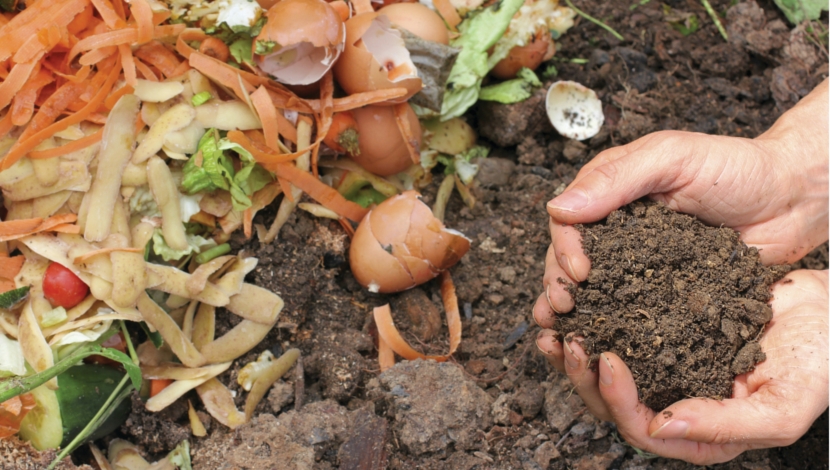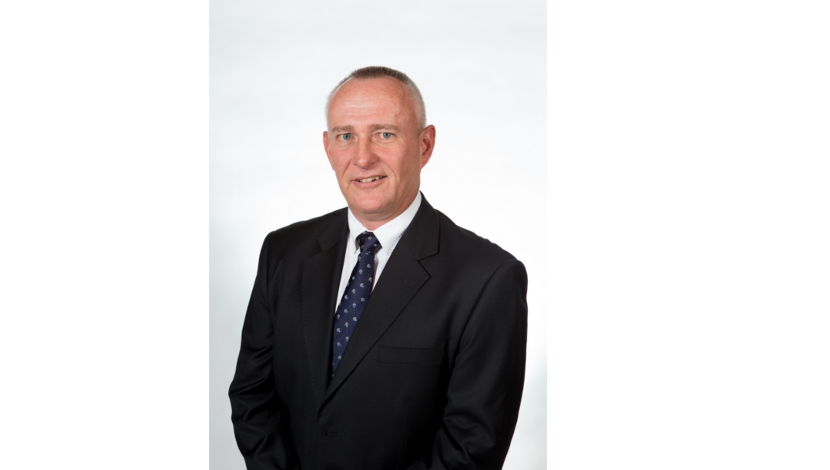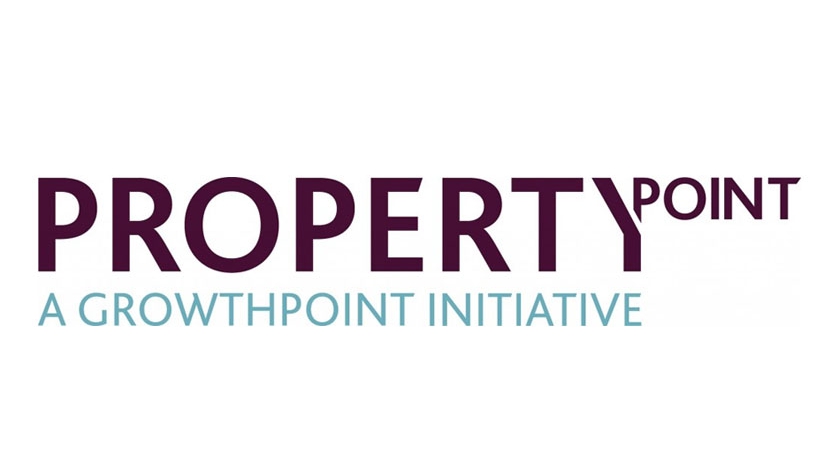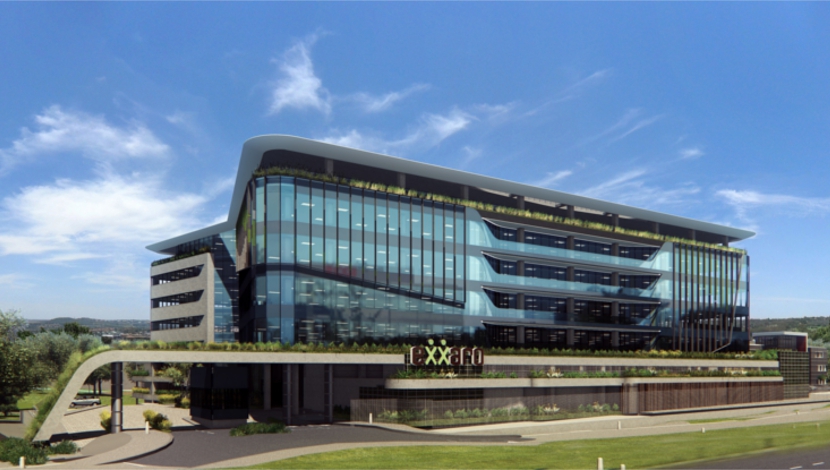

Growthpoint Properties has launched a pilot project that turns large volumes of food waste generated by client businesses at its properties into compost.
The project, named G-Eco, short for Growthpoint Eco, is a partnership with Life & Earth is being tested at Growthpoint Business Park in Midrand using waste produced at four of Growthpoint’s large multi-tenant properties in the area.
18 months ago Growthpoint embarked on a waste-management analysis to measure waste sent to landfills and the effectiveness of its existing initiatives to reduce this. Results revealed that waste generated and sent to landfill was substantial.
Because 40% to 60% of landfill waste comes from food and garden waste, Growthpoint embarked on an innovative six-month wet waste diversion trial, which started in July 2017.
Life & Earth installed a food waste composting machine at Growthpoint Business Park in Midrand. The plant turns food waste into 100% organic compost and can process up to 1,000kg of food waste daily, with capacity to make nine tonnes of compost a month.
Then, Growthpoint’s current waste contractors at Growthpoint Business Park, Woodlands Office Park, Woodmead Retail Park and Central Park were trained about the process and how to separate wet waste at source. Growthpoint also worked with its clients at these properties, encouraging them to separate their food waste.
During its first four months of the trial, Growthpoint diverted 16 tonnes of waste from landfill and produced 6 m3 of nutrient-rich soil, which is reapplied at Growthpoint Business Park.
The resulting positive environmental impacts are significant: composting food waste on site instead of sending it to landfill reduces CO2 emissions by 332kg per tonne.
Focus on food waste also creates awareness about the problem and helps clients manage food costs as they strive to reduce both. So, the project stands to have a direct positive impact of Growthpoint’s clients’ businesses.
Life & Earth says the country sends more than 10.2m tonnes of food waste to landfill annually, and food waste costs our economy more than R4.6bn annually.
“The G-Eco waste-to-soil project is one component of Growthpoint’s bigger waste management strategy,” says Werner van Antwerpen, Head of Sustainability at Growthpoint.
Growthpoint already reduces waste through recycling, and plans to ensure all its buildings have onsite recycling by the end of 2018.
Based on the success of the G-Eco pilot, Growthpoint plans to introduce more waste-to-soil plants in other areas of the country where it has clusters of property assets.
More information from Werner van Antwerpen, 011 944 6598 / www.growthpoint.co.za
More news
- N2 rehabilitation project to be completed end of this year
- Siemens to build two gas-powered electricity plants in Libya
- International team unveil 76,000 m2 waterside development in Abu Dhabi
- Gift of the Givers to unveil aquifer project in drought-stricken Beaufort West
- Kenya: one million low cost houses to be constructed over the next five years




